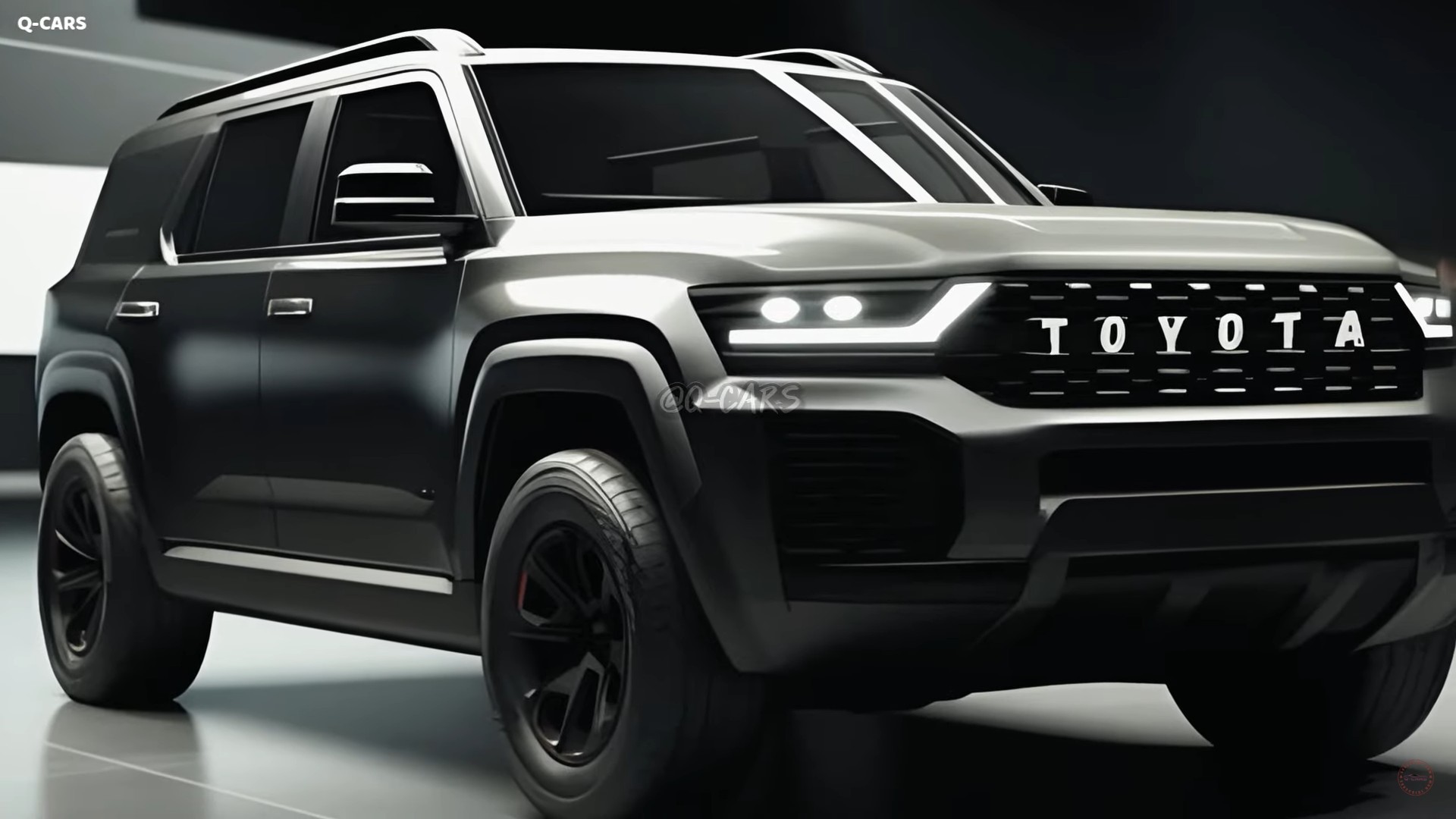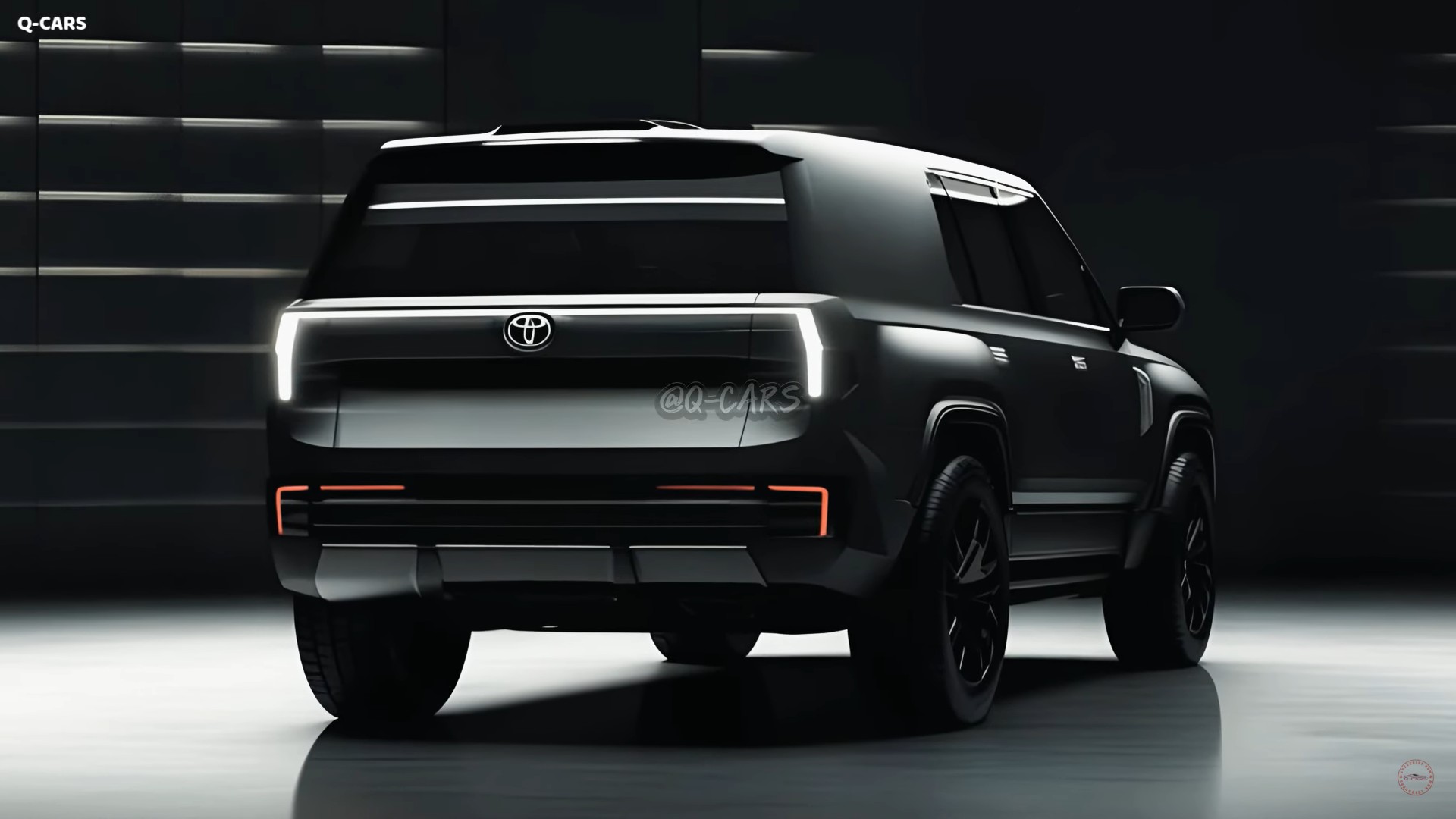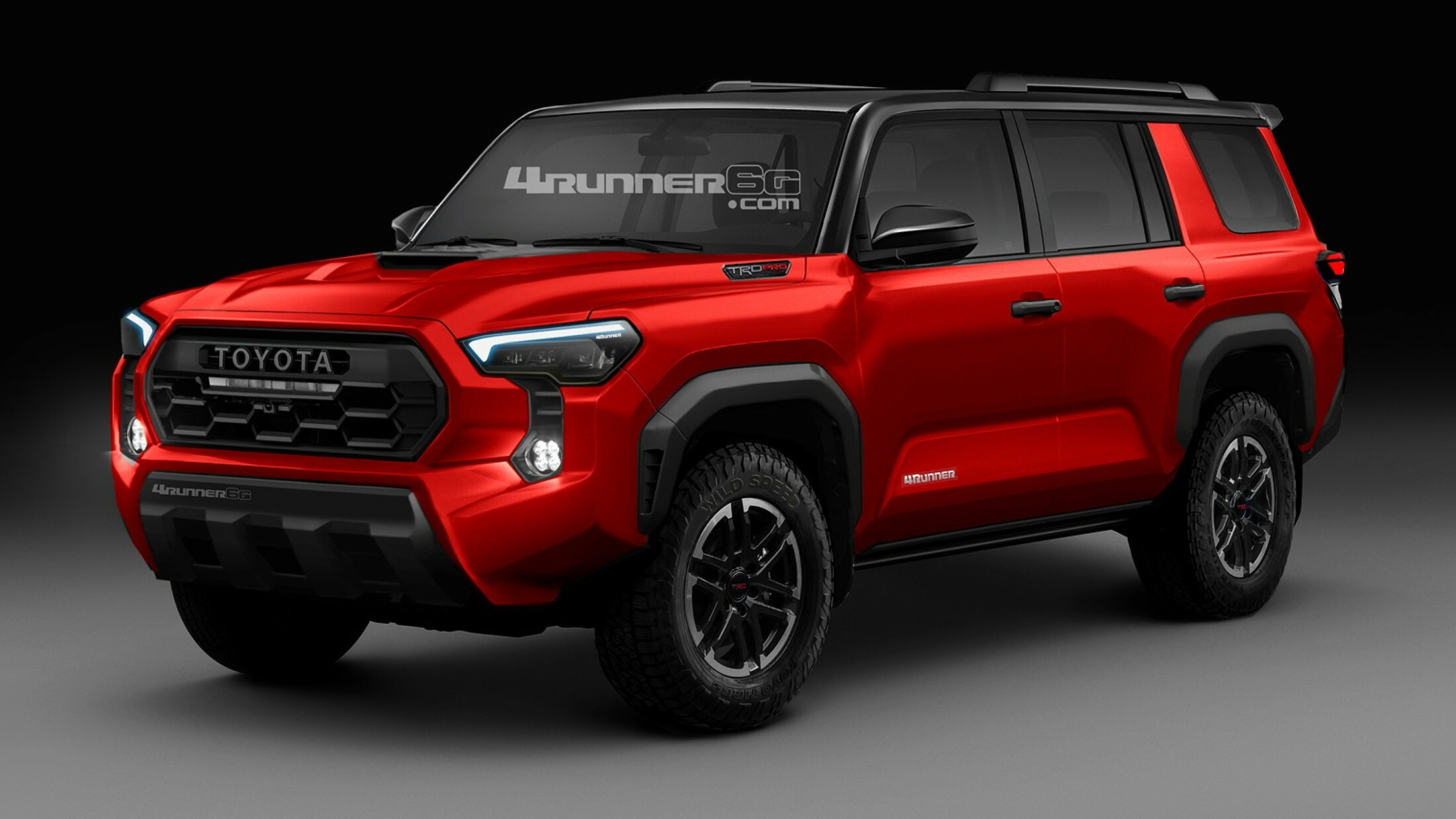The 2025 Toyota 4Runner: Fuel Efficiency in a Rugged Package
Related Articles: The 2025 Toyota 4Runner: Fuel Efficiency in a Rugged Package
Introduction
With great pleasure, we will explore the intriguing topic related to The 2025 Toyota 4Runner: Fuel Efficiency in a Rugged Package. Let’s weave interesting information and offer fresh perspectives to the readers.
Table of Content
The 2025 Toyota 4Runner: Fuel Efficiency in a Rugged Package

The Toyota 4Runner, a stalwart of the SUV market, is renowned for its rugged off-road capability and enduring reliability. While these qualities remain core to its identity, the automotive industry is undergoing a significant shift toward fuel efficiency. As a result, the 2025 4Runner is expected to navigate the delicate balance between off-road prowess and fuel economy, a challenge that will be addressed through a combination of technological advancements and design refinements.
Fuel Efficiency Advancements: A Balancing Act
The 2025 4Runner, in its pursuit of improved fuel efficiency, will likely incorporate a suite of technologies designed to optimize performance while minimizing fuel consumption. These advancements could include:
- Engine Optimization: The 4Runner’s V6 engine could be further refined, featuring advancements like direct injection and variable valve timing to enhance combustion efficiency and reduce fuel waste.
- Hybrid Technology: The introduction of a hybrid powertrain, possibly a mild hybrid system, could significantly boost fuel economy. This system would utilize an electric motor to assist the gasoline engine, particularly during acceleration, thereby reducing fuel consumption.
- Transmission Enhancements: The 4Runner’s transmission could be equipped with more gears, allowing for smoother and more efficient power delivery. This, coupled with optimized gear ratios, could contribute to improved fuel economy.
- Aerodynamic Design: Subtle aerodynamic modifications, such as redesigned front and rear bumpers, could help reduce drag and improve fuel efficiency.
- Weight Reduction: Utilizing lightweight materials like aluminum or carbon fiber in specific components could contribute to a lighter overall weight, leading to improved fuel economy.
Understanding the Importance of Fuel Efficiency
The pursuit of fuel efficiency in the 2025 4Runner is not merely a response to evolving consumer demands. It reflects a broader commitment to environmental sustainability and responsible resource utilization. The potential benefits extend beyond personal savings at the pump:
- Reduced Environmental Impact: Improved fuel efficiency directly translates to lower greenhouse gas emissions, contributing to a healthier environment and mitigating the effects of climate change.
- Enhanced Affordability: Lower fuel consumption translates to reduced operating costs, making the 4Runner a more affordable vehicle for its owners in the long run.
- Increased Range: Enhanced fuel efficiency enables the 4Runner to travel longer distances between refueling stops, a crucial factor for those who enjoy extended off-road adventures.
Addressing Common Questions:
Q: Will the 2025 4Runner sacrifice its off-road capability for better fuel economy?
A: While fuel efficiency is a priority, Toyota is expected to maintain the 4Runner’s off-road prowess. The advancements in fuel economy will be carefully implemented to ensure that the vehicle retains its rugged nature.
Q: What kind of fuel economy can I expect from the 2025 4Runner?
A: While specific figures are not yet available, the 2025 4Runner is expected to achieve a significant improvement in fuel economy compared to its predecessors. The exact figures will depend on the specific powertrain and technology employed.
Q: Will the 2025 4Runner be more expensive due to the fuel efficiency upgrades?
A: The cost of the 2025 4Runner may be slightly higher due to the added technology, but the long-term savings from reduced fuel consumption are likely to offset any initial price premium.
Tips for Maximizing Fuel Economy:
- Drive Sensibly: Avoid aggressive acceleration and braking. Smooth, steady driving habits can significantly improve fuel economy.
- Maintain Proper Tire Pressure: Under-inflated tires increase rolling resistance, leading to higher fuel consumption.
- Regular Maintenance: Ensure that your vehicle is properly maintained, including oil changes and filter replacements.
- Reduce Unnecessary Weight: Remove any unnecessary items from the vehicle to reduce its overall weight.
Conclusion:
The 2025 Toyota 4Runner promises to be a compelling proposition, offering a blend of rugged capability and enhanced fuel efficiency. While the precise details remain under wraps, the expected advancements in engine technology, hybrid systems, and aerodynamic design are likely to deliver a significant improvement in fuel economy without compromising the 4Runner’s core off-road character. This evolution reflects a growing industry trend towards sustainability and responsible resource utilization, making the 2025 4Runner a promising choice for those seeking a capable and fuel-efficient SUV.








Closure
Thus, we hope this article has provided valuable insights into The 2025 Toyota 4Runner: Fuel Efficiency in a Rugged Package. We hope you find this article informative and beneficial. See you in our next article!
